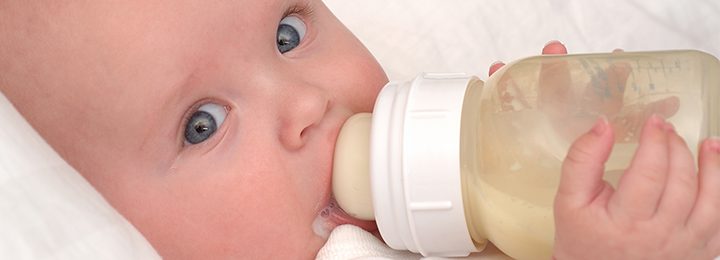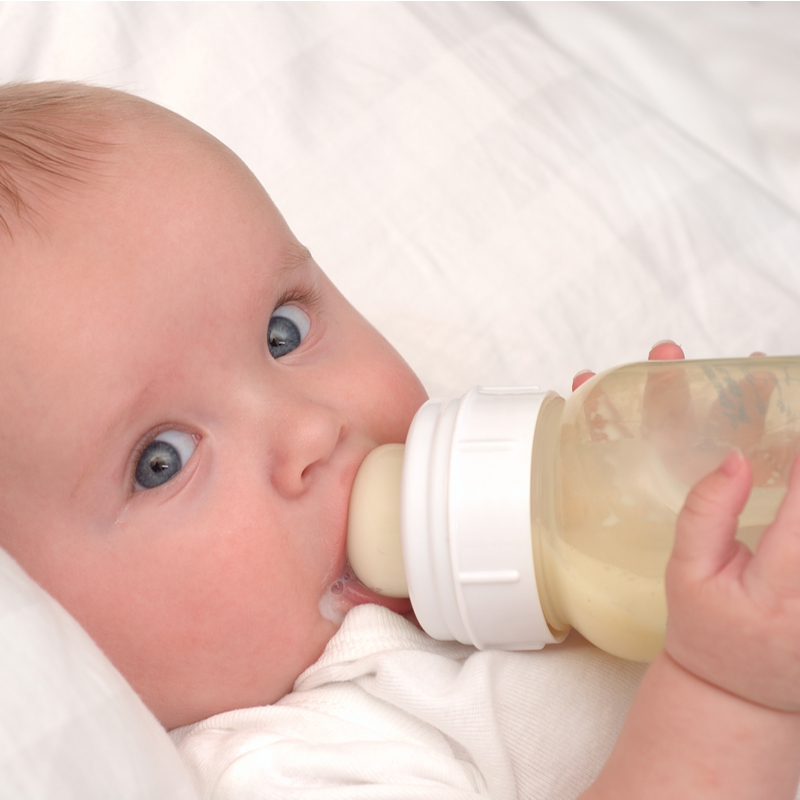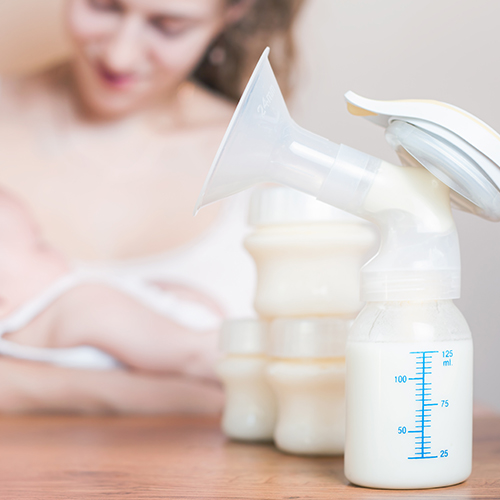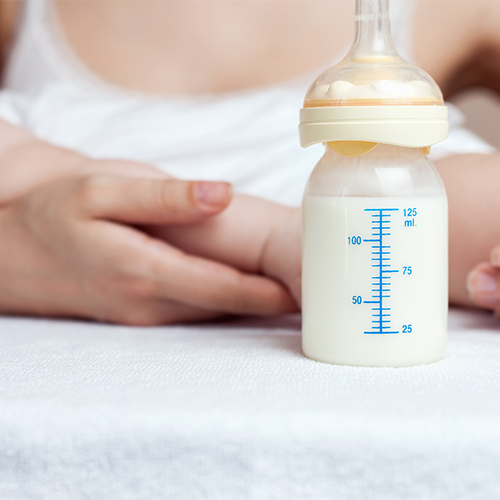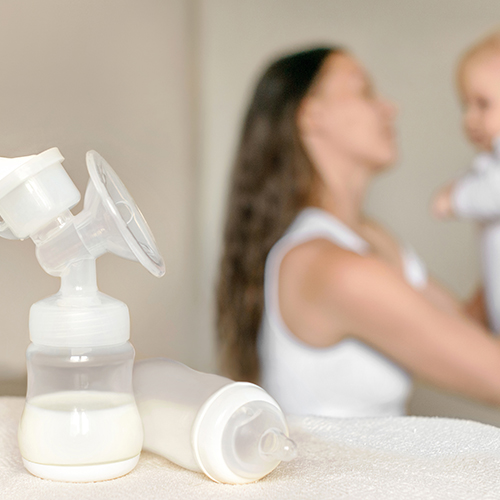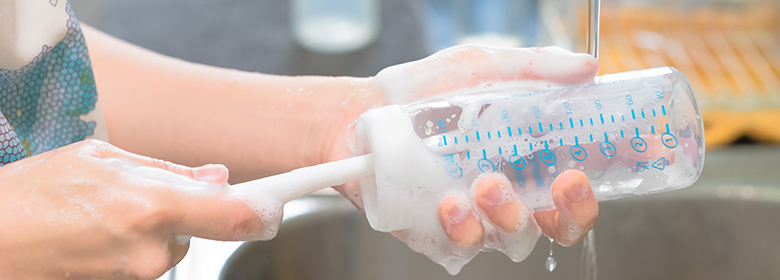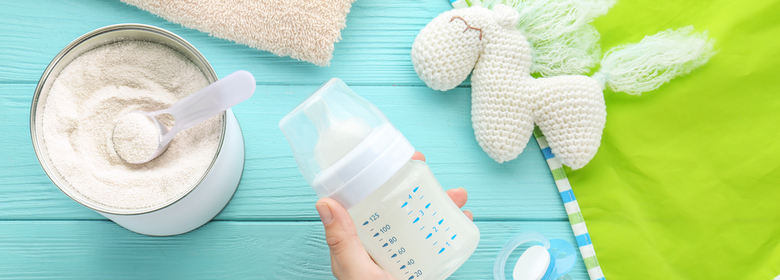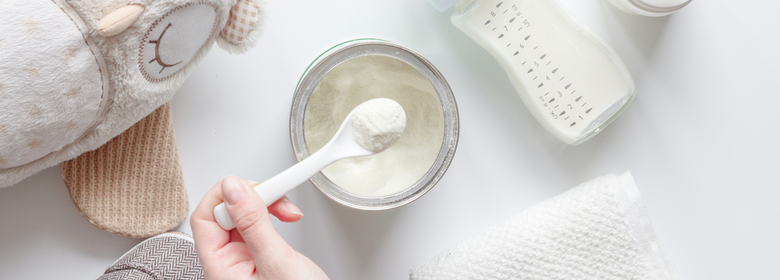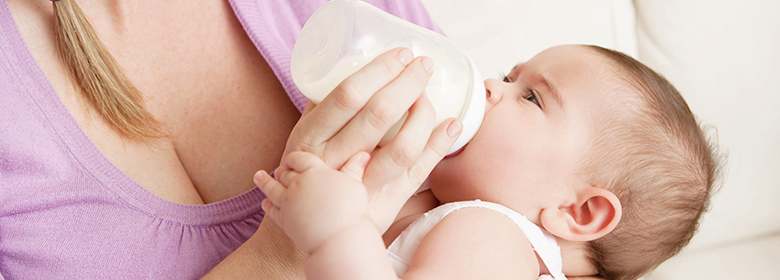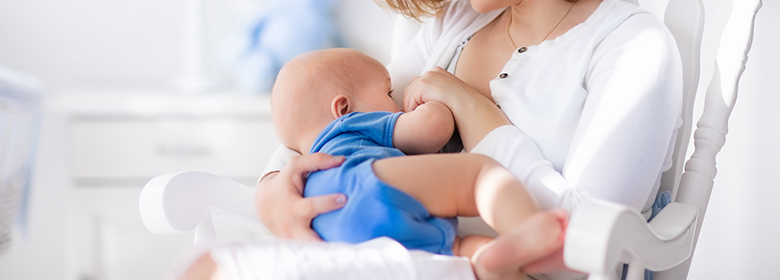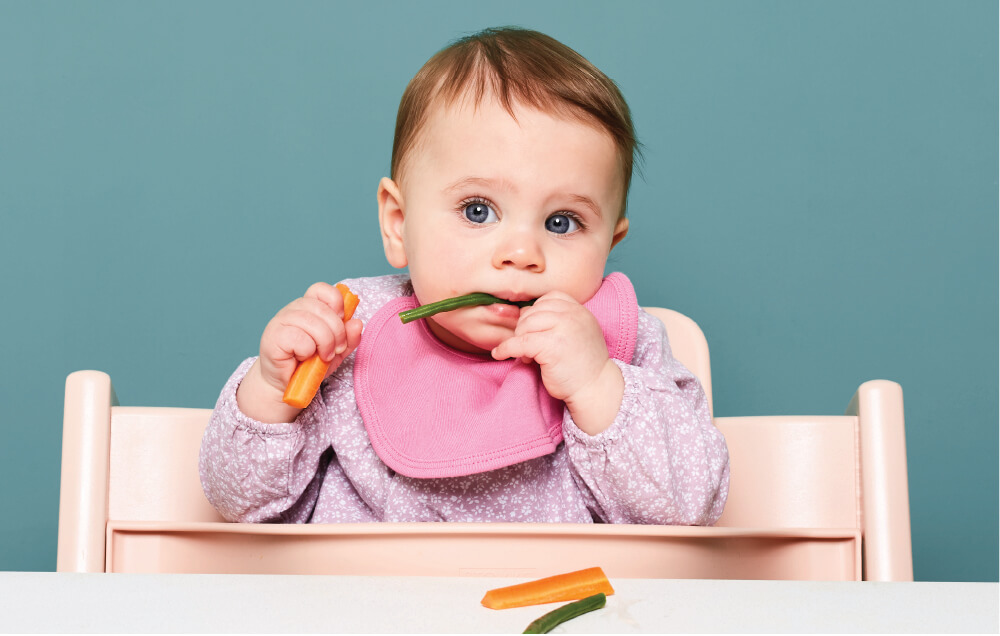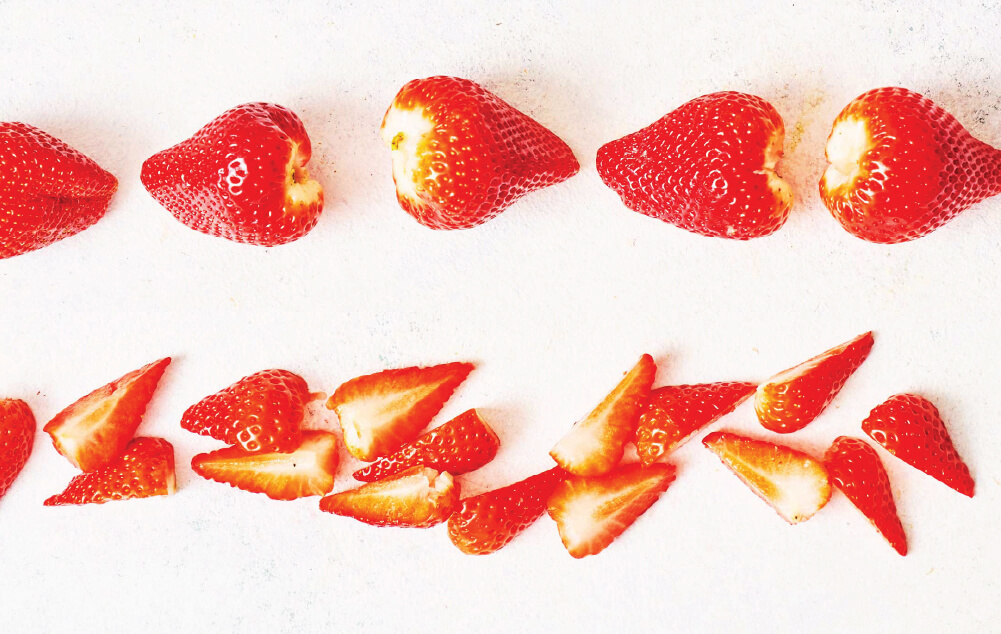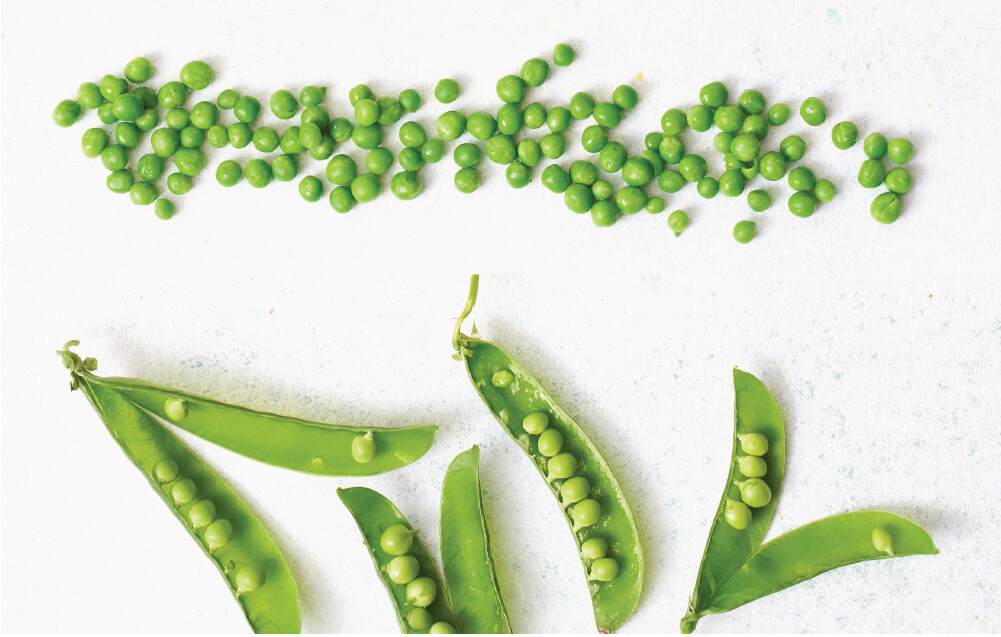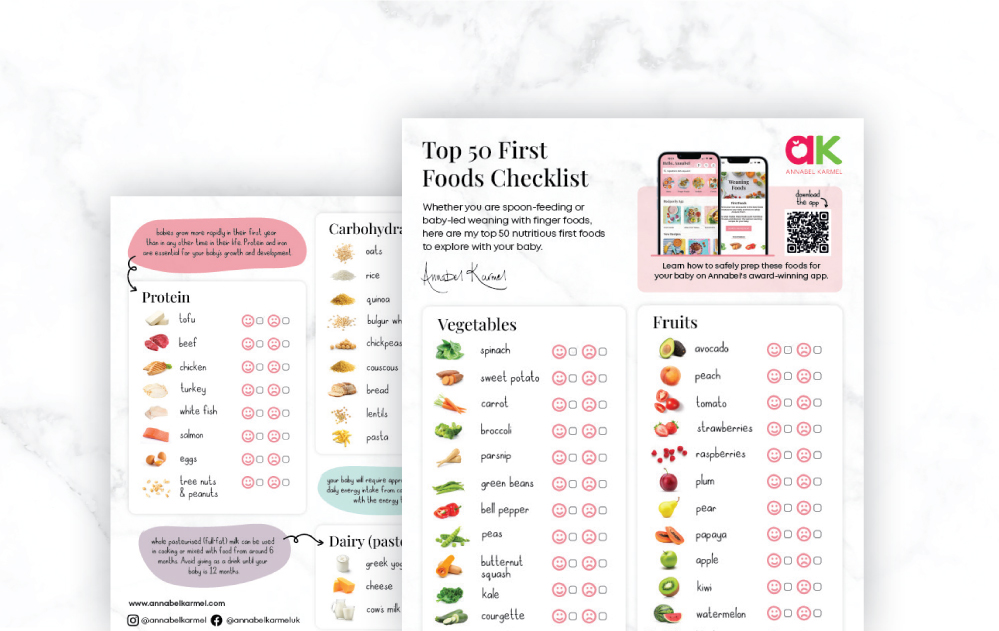Breastfeeding and Bottle Feeding
The first six months of your baby’s life are some of the most crucial for growth. So whether you’re breastfeeding, bottle feeding or doing a combination of both, we have all the advice on breast and bottle feeding you need from our resident expert to help give your baby the very best start.
What is Paced Bottle Feeding? Whether you are fully bottle feeding formula milk or breastmilk, it is always important to know how to do it in a baby-friendly manner so your baby can learn how to gain control over the…
Whether the bottle you are giving your baby contains formula milk or breastmilk, bottle feeding is still a big opportunity to bond with your baby. And that’s why responsive feeding is very important.
This includes giving baby the chance to…
Here is the most important information on storing pumped breastmilk correctly.
Use sterilised equipment whilst pumping and to store your milk in. I would recommend milk storage bags as they are space-saving and you can label them and use them…
Let’s face it, newborn feeding patterns are madness. Records on how long a baby can feed are broken on a daily basis and a day may seem like an eternity of nursing.
This stage doesn’t last forever, and to help…
There may be occasions where you need to bottle feed your breastfed baby. So here are a few tips on how to make the experience as stress-free as possible for you and your baby:
Buy a bottle that has similar…
“Baby is only suckling for comfort”, “that’s not good”, “take baby off so you are not the only one to sooth baby”, “you are a human pacifier”, “you will be stuck with this forever, “it is a terrible habit’: “use…
First and foremost, you don’t have to pump if you are exclusively breastfeeding your baby on demand. Pumping can be a great tool to build a stash and to boost supply. Here are some helpful tips:
Basic rule – milk…
Breastfeeding a baby whenever they are ready for some milk makes for great milk supply and a happy baby. Here are the most important feeding cues to look out for:
Subtle feeding cues: eye movement, eyelids fluttering (if baby is…
When my second daughter was born, she crawled to my breast and didn’t leave it for approximately three months straight. My husband sometimes only got to see the back of her head. She broke all records on how long a…
There are several ways in which you can sterilise your baby’s feeding equipment, such as:
Using a cold-water sterilising solution.
Steam sterilising.
Sterilising by boiling.
The following instructions apply to all feeding equipment you use for your baby – whether…
Let’s address the most common breastfeeding myths and set the record straight. After all, there’s so much conflicting information and advice out there, and parenting is complicated enough without the added challenges of incorrect advice.
“Baby is feeding all the…
We know that breastfeeding exclusively for the first six months of life is the best way you can feed your baby, however not all mothers can breastfeed, and some choose not to. When this is the case infant formulas are…
Breastfeeding is often referred to as the 4th trimester. And rightly so, it should receive at least the same amount of information and detail as any other developmental changes during your first three trimesters.
During this 4th trimester, big changes…
Baby’s position will make all the difference to a good latch. Once you have mastered the skill of breastfeeding, and latching on becomes natural, you may experiment with lots of different positions to nurse in. But in the early days,…
There are circumstances where it is not possible to breastfeed and although not as subtle or bespoke in composition formula milk provides an alternative that can keep mum and baby happy.
Choosing a formula
Most formulas are based on modified…
Engorgement is caused by an oversupply of milk and fluid, making your breast very large, full and swollen. This leads to baby having a difficult time latching on.
Here are my tips for dealing with engorgement:
Nurse as often as…
If your baby is gaining weight and has plenty of wet nappies you DO have a great milk supply.
The following do NOT indicate a low milk supply:
Baby nurses frequently.
Baby is suddenly feeding more frequently, sometimes during evening…



